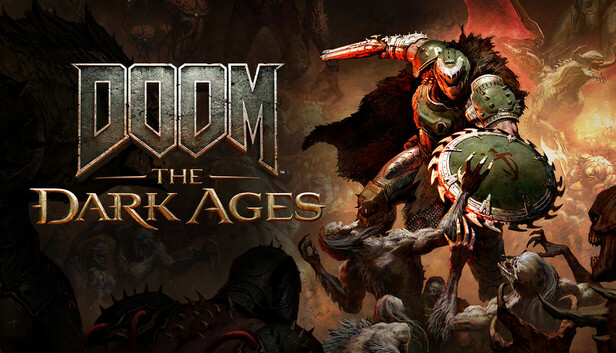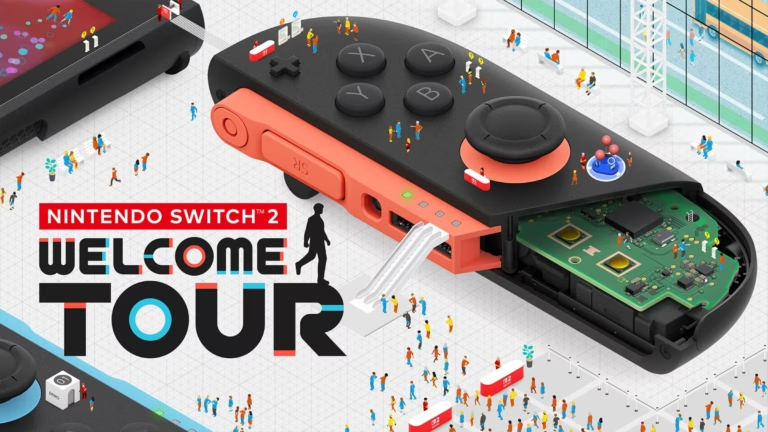Game data not found.
Theme Park is a classic simulation game that set the stage for a genre that combines strategy with the whimsical joy of amusement park management. Released by Bullfrog Productions in 1994, this game offers players the chance to design and manage their own theme park from the ground up. With its engaging blend of strategic planning, creative freedom, and a dash of humor, Theme Park remains a beloved title in the simulation genre.
Story
Unlike narrative-driven games, Theme Park does not follow a traditional storyline. Instead, it presents a sandbox experience where the player assumes the role of a budding entrepreneur in the amusement park industry. The objective is to build and expand a thriving theme park empire across various geographical locations.
The journey begins with a modest plot of land, where players must construct attractions, amenities, and pathways to entice visitors. As the park develops, players face challenges such as managing finances, maintaining staff morale, and ensuring customer satisfaction. The story of Theme Park is essentially one of growth and expansion, driven by the player’s ability to make strategic decisions and adapt to changing circumstances. The game’s open-ended nature allows for endless possibilities, making it a unique experience for each player.
Gameplay
Theme Park’s gameplay is a captivating blend of management simulation and creative design. Players start by purchasing land and are given a limited budget to create their first attractions. The core gameplay revolves around several key aspects:
Park Design and Construction
Players are tasked with designing the layout of their theme park, placing rides, food stalls, paths, and decorations. The placement of these elements affects the park’s efficiency and attractiveness, requiring thoughtful planning. The variety of rides and attractions grows as players progress, allowing for increasingly complex and exciting parks.
Financial Management
A crucial part of Theme Park is managing the park’s finances. Players must set ticket prices, manage staff wages, and make strategic investments in new attractions. Balancing the budget is essential to ensure that the park remains profitable and can continue to grow.
Staff and Resource Management
Players must hire and manage staff, including mechanics, entertainers, security, and cleaners. Each staff member plays a vital role in keeping the park running smoothly, from repairing rides to entertaining guests and maintaining cleanliness. Efficient staff management is key to maximizing the park’s operational success.
Visitor Satisfaction
Keeping visitors happy is a central goal in Theme Park. This involves maintaining ride safety, providing a variety of attractions, and ensuring that food and amenities are readily available. Customer feedback is a valuable tool, providing insights into areas that need improvement.
Global Expansion
As players succeed in one location, they are given the opportunity to expand their park empire globally. Each new location presents unique challenges, such as different weather conditions and cultural preferences, adding depth and variety to the gameplay experience.
Graphics and Sound
For its time, Theme Park boasted impressive graphics that contributed significantly to its charm. The game features a colorful, cartoonish art style that captures the whimsical nature of an amusement park. The isometric view provides a comprehensive perspective of the park, allowing players to appreciate the intricate details of their creations.
The sound design complements the visual experience, with cheerful background music and sound effects that bring the park to life. The clinking of rides, chattering of visitors, and ambient sounds of the park contribute to an immersive atmosphere. Although the graphics and sound may appear dated by today’s standards, they remain an essential part of the game’s nostalgic appeal.
Legacy and Reception
Theme Park was met with critical acclaim upon its release and has since become a seminal title in the simulation genre. Its innovative gameplay, combined with its charming presentation, established it as a benchmark for future simulation games. The game’s success led to numerous sequels and spin-offs, including Theme Park World and Theme Park Inc., further cementing its legacy.
The game’s influence extends beyond its direct successors, inspiring a wave of simulation games that explore similar themes of management and creativity. Theme Park’s approachable yet deep gameplay mechanics have made it a favorite among both casual and hardcore gamers, ensuring its enduring popularity.
Critics praised Theme Park for its engaging gameplay, intuitive controls, and the freedom it offers players to create their own unique parks. The game’s humor and light-hearted approach also received positive remarks, adding to its overall appeal. Despite some minor criticisms regarding the AI and difficulty balancing, Theme Park is widely regarded as a classic that has stood the test of time.
Conclusion
Theme Park’s impact on the gaming industry is undeniable. As one of the pioneering titles in the simulation genre, it laid the groundwork for countless games that followed. Its blend of strategic management, creative freedom, and humorous presentation has left a lasting legacy, influencing both game developers and players alike.
The game’s ability to offer a unique experience with each playthrough and its engaging mechanics make it a timeless classic. Theme Park continues to be celebrated for its innovation and charm, earning its place as a cornerstone in the history of video games. Whether you are a seasoned gamer or a newcomer to the genre, Theme Park offers an enchanting journey into the world of amusement park management.















